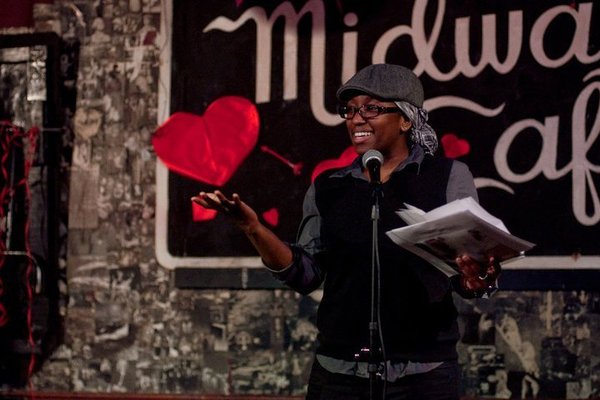Award-winning Namibian indie soul artist, Shishani, has just released the music video for her latest single, “Minorityâ€, a catchy, upbeat, acoustic track that calls for freedom and equality for all people despite perceived differences. She recently sat down with me to chat about her rise to stardom, her thoughts on…
Africans for Africa - Afrofeminism - Blog - Gender and LGBT Issues - LGBT Africa - Media - Music - Special Series

